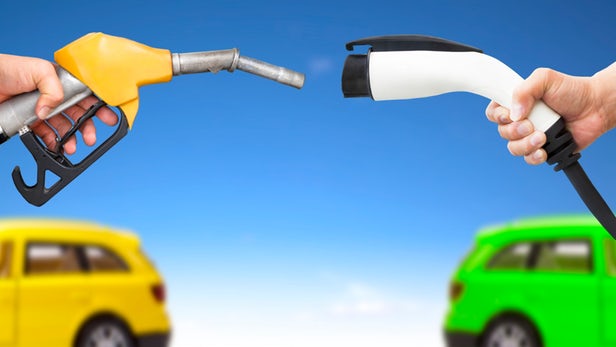
Breaking News
Importing Poverty into America: Devolving Our Nation into Stupid
 Grand Theft World Podcast 273 | Goys 'R U.S. with Guest Rob Dew
Grand Theft World Podcast 273 | Goys 'R U.S. with Guest Rob Dew
 Anchorage was the Receipt: Europe is Paying the Price… and Knows it.
Anchorage was the Receipt: Europe is Paying the Price… and Knows it.
 The Slow Epstein Earthquake: The Rupture Between the People and the Elites
The Slow Epstein Earthquake: The Rupture Between the People and the Elites
Top Tech News
 Drone-launching underwater drone hitches a ride on ship and sub hulls
Drone-launching underwater drone hitches a ride on ship and sub hulls
 Humanoid Robots Get "Brains" As Dual-Use Fears Mount
Humanoid Robots Get "Brains" As Dual-Use Fears Mount
 SpaceX Authorized to Increase High Speed Internet Download Speeds 5X Through 2026
SpaceX Authorized to Increase High Speed Internet Download Speeds 5X Through 2026
 Space AI is the Key to the Technological Singularity
Space AI is the Key to the Technological Singularity
 Velocitor X-1 eVTOL could be beating the traffic in just a year
Velocitor X-1 eVTOL could be beating the traffic in just a year
 Starlink smasher? China claims world's best high-powered microwave weapon
Starlink smasher? China claims world's best high-powered microwave weapon
 Wood scraps turn 'useless' desert sand into concrete
Wood scraps turn 'useless' desert sand into concrete
 Let's Do a Detailed Review of Zorin -- Is This Good for Ex-Windows Users?
Let's Do a Detailed Review of Zorin -- Is This Good for Ex-Windows Users?
 The World's First Sodium-Ion Battery EV Is A Winter Range Monster
The World's First Sodium-Ion Battery EV Is A Winter Range Monster
 China's CATL 5C Battery Breakthrough will Make Most Combustion Engine Vehicles OBSOLETE
China's CATL 5C Battery Breakthrough will Make Most Combustion Engine Vehicles OBSOLETE
Water-stabilized hydrogen fuel promises twice the range of gasoline at half the price

Israeli-Australian company Electriq Global's new technology stabilizes hydrogen in a recyclable liquid that can be pumped and transported just like gasoline. That's huge news, because it enables long-range electric driving with fast refueling – and it plugs right into the existing fuel logistics model.
Plenty of people want to move on from gasoline and diesel. Some are environmentalists, some want to stop supporting the geopolitics of oil, some like the lightning-quick performance potential of electric motors. Whatever the reason, the fuel that powered the 20th century seems unlikely to maintain its transport lead through the 21st.
But today's alternatives to fossil fuels all have their difficulties. EV batteries, for example, are heavy and expensive, they can struggle with heat, and they take an uncomfortably long time to charge, which many consumers aren't willing to deal with on longer trips.
Mind you, batteries are significantly better than straight-up hydrogen, which is energy-inefficient to produce, difficult to store and transport, and adds explosive potential to crashes. Hydrogen's main selling point is its ability to fit into current fuel distribution infrastructure; you can pump it into a car like gasoline, so if gas stations started carrying it, you'd be able to fill up anywhere.







